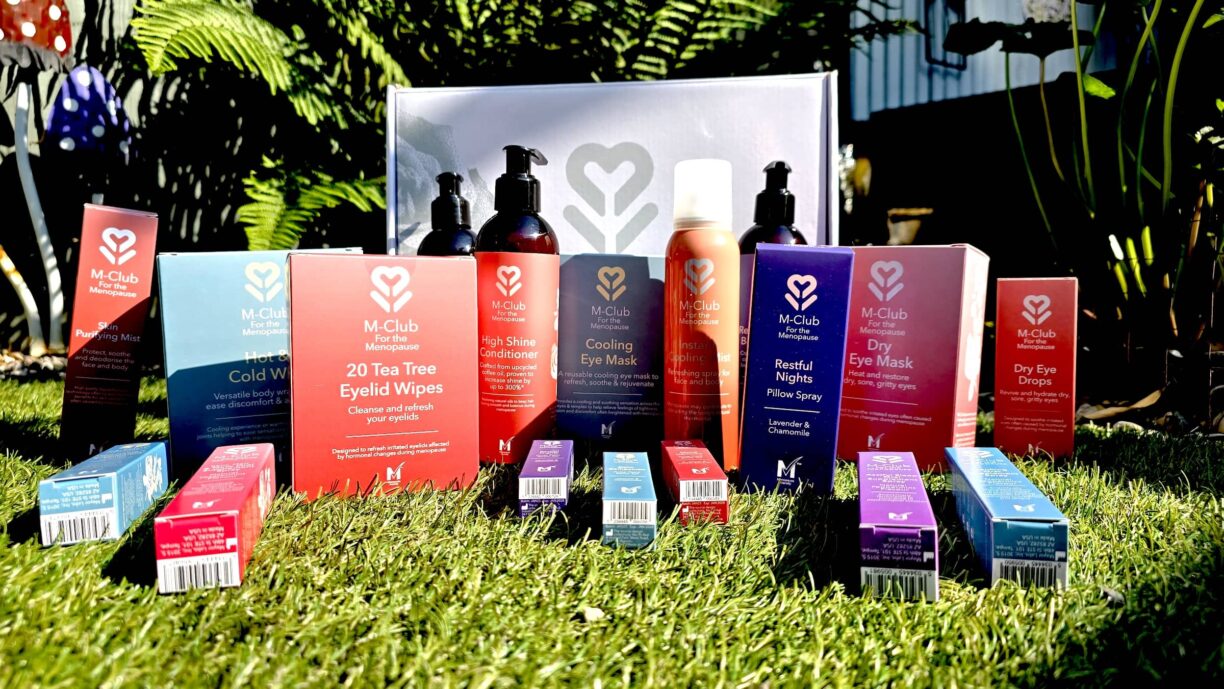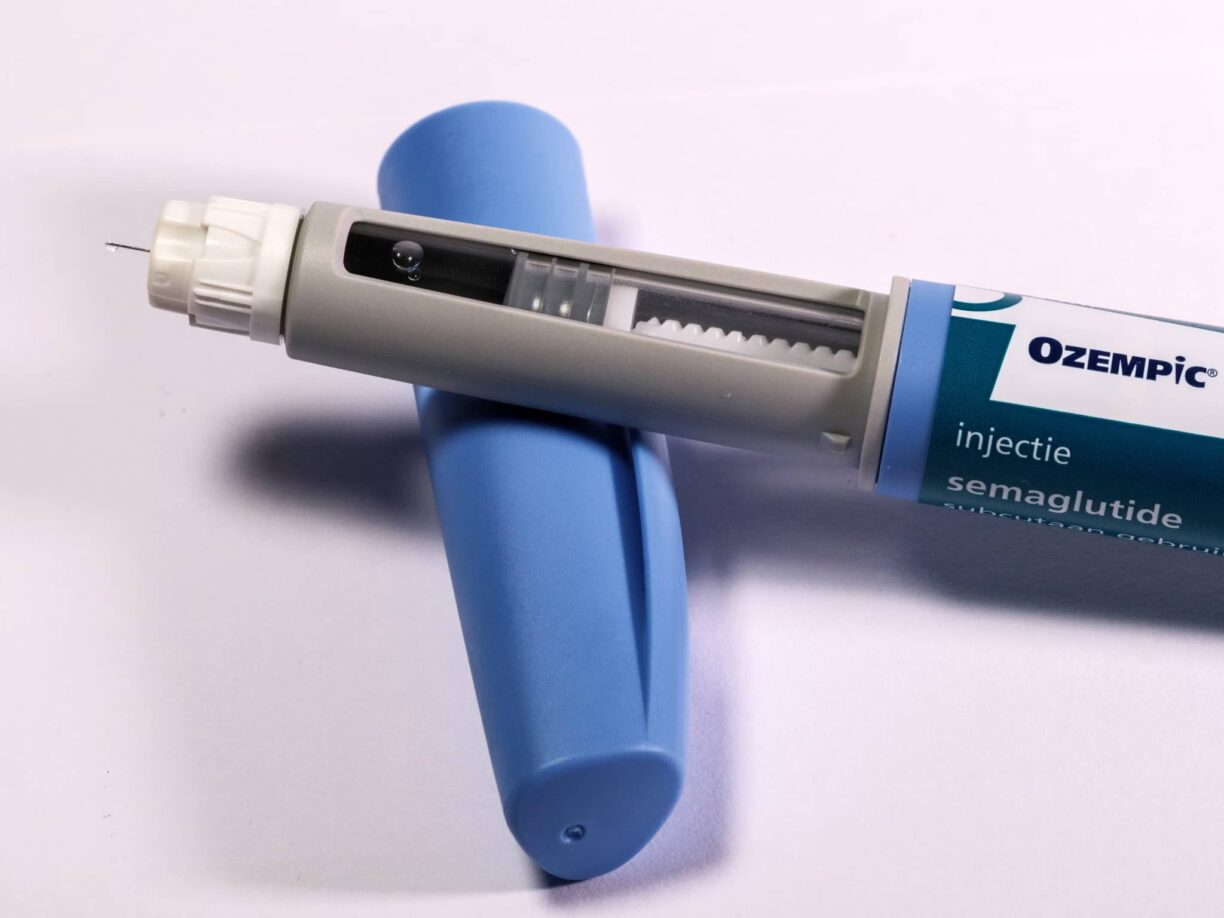When most people think of addiction, they tend to think of substance abuse. However, addiction can take many different forms.
There are many signs of addiction, but not everyone who exhibits these signs is addicted to a substance. If you’re worried that you or someone you love may be addicted, it’s crucial to know what to look for.
Here are the top ten symptoms of addiction:
1. Changes in appearance
People with an addiction may experience dramatic changes in their appearance, including weight loss or gain, discoloration or puffiness around the eyes, and skin problems like acne or sores. This is often due to neglecting self-care while they focus on feeding their addiction instead.
2. Mood swings
Addiction can cause people to go through extreme mood swings when they cannot access their drug of choice. They might go from being happy and excited to sullen and irritable within minutes. This can be damaging to relationships and difficult to deal with for the individual.
3. Changes in habits
People who are addicted may change their daily routines to accommodate their addiction. For instance, they may miss work or school more frequently or stay out late partying when they would typically be sleeping. These changes can devastate all aspects of a person’s life and should not be taken lightly.
4. Intense cravings
A person suffering from an addiction will often experience intense cravings for the substance they are addicted to, even if it is causing them harm or has negative consequences in other areas of their life.
This can lead to doing things they wouldn’t otherwise do and puts them at high risk for injury, illness, and legal or relationship problems.
5. Impulsiveness
People addicted may often make impulsive decisions that get them into trouble. This can lead to dangerous behaviours such as driving while intoxicated or spending money they don’t have on their addiction rather than paying bills or taking care of other important obligations.
It can also be a sign of falling deeper into the grips of an addiction as it becomes more challenging to reason or make sound judgments when under the influence of drugs or alcohol.
6. Loss of interest in activities
People suffering from an addiction may lose interest in things that were once valuable, like hobbies, sports, relationships, work, school, and more.
This can be a sign that their addiction is becoming more and more important to them than the rest of their life and that they need help to break free from it.
7. Changes in sleeping habits
An addiction can cause people to experience changes not only in their daily routines but also in their sleep schedules. They may find themselves staying up all night partying to chase the high or using drugs and alcohol just before going to bed so they can fall asleep instantly and avoid withdrawal symptoms during the night.
This can adversely affect other areas of their life, including causing problems with school or work attendance, impairing judgment, and increasing the risk of accidents.
8. Nervous behaviours
People addicted may engage in behaviours others may characterize as “nervous twitches” or “anxiety.” This can include nail biting, pacing, excessive hand-wringing, hair pulling, and other nervous habits.
These behaviours often relieve anxiety and stress for the individual rather than being a direct result of their addiction. But because these behaviours tend to occur along with an addiction, they should not be ignored.
9. Financial problems
Addictions can cause people to spend money on drugs or alcohol instead of paying bills or buying groceries. This is often due to a lack of impulse control when it comes to satisfying their cravings and can leave them deep in debt while also putting a strain on their relationships.
10. Withdrawal symptoms
People suffering from an addiction may experience withdrawal symptoms when they cannot access the substance they are addicted to, even if it is only for a short time.
These can include nausea, vomiting, headaches, and more, depending on the type of drugs or alcohol taken to satisfy the addiction.
While these symptoms don’t necessarily mean someone is addicted, there can be severe health consequences associated with them if left untreated. It is always best to consult a health professional before taking action for these symptoms (e.g., not driving after drinking alcohol).
When multiple signs of an addiction are present simultaneously, it is often a sign that the person is suffering from a severe problem.
It is always best to treat addiction as early as possible to avoid more severe consequences such as legal, financial, and relationship problems. If you require cocaine drug addiction treatment in particular, you can find this at a cocaine rehab.
If you or someone you know has signs of addiction, it may be time to seek help at a rehabilitation centre or other professional treatment facility.
Intensive outpatient centres can provide comprehensive and tailored treatment for various types of addiction. These centres offer structured programs that include counselling, therapy, support groups, and other evidence-based approaches to help individuals overcome their addictions.
And also remember, addiction does not only mean substance abuse; treating a porn addiction is just as important as treating any other addiction.
Seek help today to start the journey towards recovery and healthier life.





